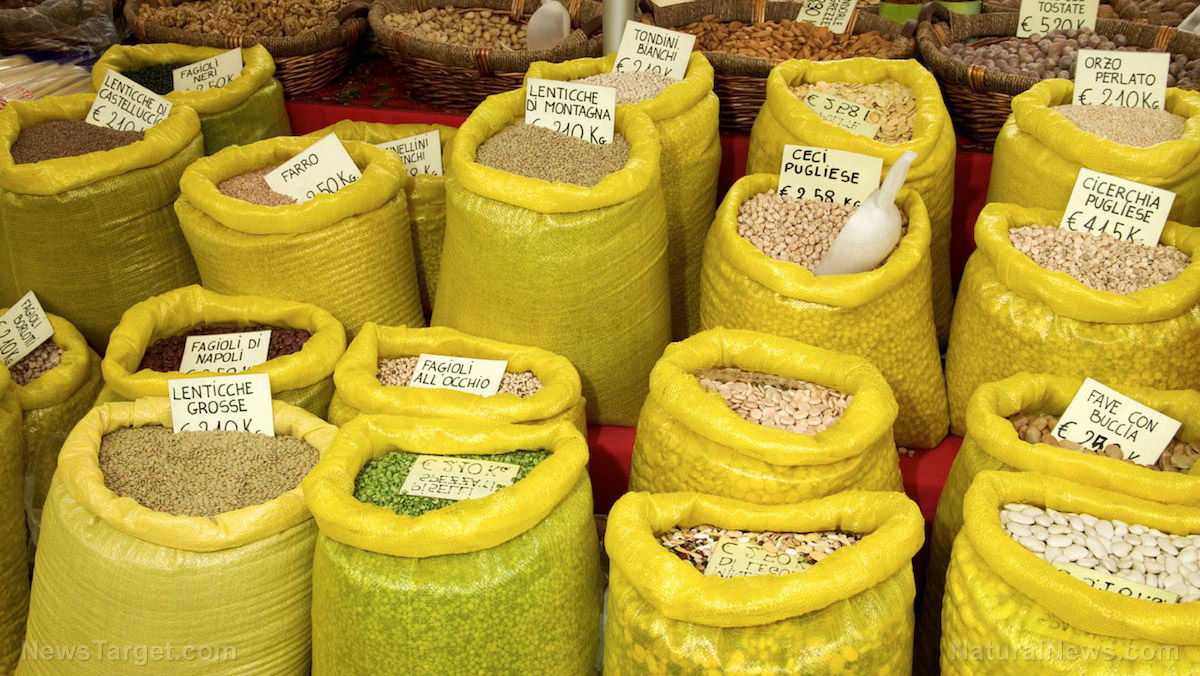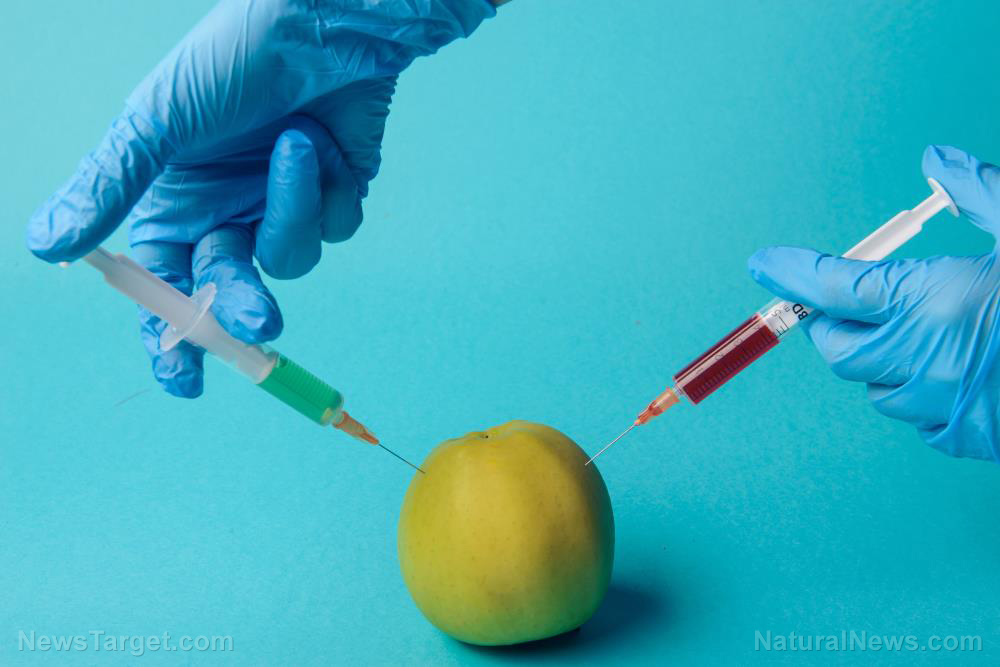
"Although this has been a topic of global discussion for a long time, previous research has not been able to demonstrate a clear connection between resource scarcity and food imports. We performed a global analysis focusing on regions where water availability restricts production, and examined them from 1961 until 2009, evaluating the extent to which the growing population pressure was met by increasing food imports," said lead researcher Miina Porkka in an article in ScienceDaily.com.
The study showed that population growth coincided with increased pressure on water and soil resources. Importation occurs when local agriculture cannot meet the region's demands, researchers said. According to the study, food imports showed a significant increase in 75 percent of resource scarce regions as food production began to dwindle. The study also revealed that even less-developed nations now depend on imports. However, these countries were not always successful.
The research team also found that 1.4 billion people now rely on imports to ensure food security. The study also revealed that an additional 460 million people reside in areas where increased imports remained inadequate to compensate the lack of local production.
The results were published in the journal Earth's Future.
Experts recommend ways to address food scarcity
According to the study's co-author Dr. Joseph Guillaume, the bigger dilemma is that people may not even be aware that they opted to rely more on imports than investing in local production or minimizing the demand. Dr. Guillaume asserted that importation is a viable solution when the local production's output is inadequate. However, the researcher also stressed that the local food production should not be taken for granted, and that sustainable solutions should be put in place to help address food scarcity.
Researchers said the international food system remains sensitive, and that changes in prices may compromise food security. This in turn may negatively impact poorer countries that rely on imports. According to the research team, additional investments designed to increase the local production's capacity may help mitigate this risk. Certain sectors such as the agriculture industry, the scientific community and policy makers may also work together to help minimize food waste, reduce the demand and increase production efficiency.
"Keeping food demand in check is the key issue. Controlling population growth plays an essential role in this work, but it would also be important to enhance production chains by reducing food waste and meat consumption. Since one quarter of all the food produced in the world is wasted, reducing this would be really significant on a global level," Porkka added in another article in UPI.com.
A classic example of resource, food production dilemma
The recent findings coincide with a previous study indicating a link between food production and its effects on the planet's most valuable resource - water. According to researchers at the National Aeronautics and Space Administration, 26 internationally-traded crop classes were highly dependent on irrigation systems to cultivate. In turn, irrigation for these crops have now accounted for 11 percent of non-renewable groundwater withdrawals. (Related: Follow more news about the risk of global starvation at Starvation.news.)
Researchers said such withdrawals from underground aquifers cannot be replenished on human time frame, which in turn may potentially deplete the planet's water supply. The study also revealed that the U.S. is the leading importer of aquifer-dependent crops. The study also revealed that 18 percent of international traded crops is comprised of aquifer-dependent plants.
The findings were published in the journal Nature.
Sources:
Please contact us for more information.























